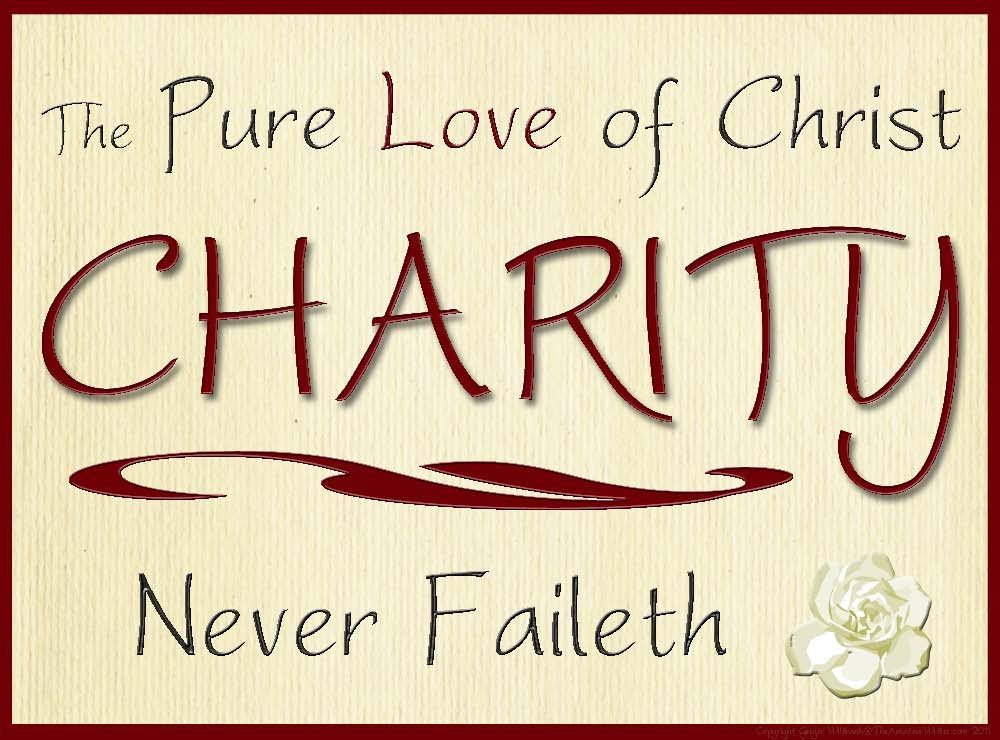
— Who we serve
Bastion Foundation, Inc., tailors its services towards the needs of the homeless in Nashville as well as the young widows and orphans of southeastern Nigeria. Those identified needs were determined to be normative Needs and absolute needs based on existing data in the catchment areas.
Hunger and homelessness often go hand in hand. Homeless people deserve healthy food like all humans. In addition to the projects of helping the young widows and orphan education, Bastion Foundation, Inc. developed the Feeding the Homeless Program designed to meet the targeted needs of the homeless community in the downtown Nashville area, especially around the Rescue Mission facility.
Homeless feeding program has a life-changing impact on the individual beneficiaries and entire communities. A team of 15 volunteers prep, serve, and clean to feed 200 plus homeless individuals. Our volunteer crew set up, prepare, and serve food. We also receive ready-to-eat foods from hotels and caterers.
Bastion Foundation, Inc. is looking to expand its operations in this project hoping to acquire a mobile kitchen to facilitate collections and transportation to the site and potable warmers to keep the foods in excellent conditions.
According to Metro Nashville’s Homelessness Dashboard, 1,027 people were chronically homeless in March 2023 and 1,472 as of March 2024.
Despite continuing to spend $50 million in federal funding on curbing the issue, the number of people experiencing chronic homelessness in Nashville continues to rise.
In 2022, Metro Council approved $50 million in American Rescue Plan funding to fight homelessness.
“A bold and ambitious plan to get Nashville’s most vulnerable population off the streets and into stable, safe environments,” then-Mayor John Cooper said at the time.
However, despite that one-time funding, there has been a 43% increase in chronically homeless people in Nashville over the past year.
This is where Bastion Foundation, Inc. comes in to help bridge the yawning gap as much as possible.
According to UNICEF, one in three Nigerian children is out of school. This totals about 10.2 million children at the primary level and about 8.1 million at the junior secondary school level. This damning statistic highlights the menace of out-of-school children in Nigeria. This unpleasant scenario is most evident in the northern part of the country. The 2021 Multiple Indicator Survey 6 (MICS 6) posits that Kebbi State (65%), Zamfara State (61%), and Bauchi State (61%) lead the way among states with highest out-of-school children.
The southeast (Abia, Anambra, Ebonyi, Enugu and Imo), which used to be stable educationally has experienced very substantial slump in recent times exacerbated by the fallouts by the severe insecurity in the area. The area has experienced a surge in the population of orphans which if not nipped in the bud will constitute a menace that will worsen the security situation.
In most African marriages, the man is considered the head of the home. A role which certainly comes with a lot of responsibilities and in the sad event that the man passes on, the wife takes over that role with immediate effect. However, this transition is mostly never smooth especially in countries like Nigeria. The women face lots of challenges ranging from false accusations by in-laws about the nature/cause of the man’s death, to issues regarding claims of money from his bank and place of work, then also fights over property et cetera
Evidence abounds showing that in the southeast:
- The family of a deceased husband tends to grab everything left by the husband even when there is a will because they know the legal system does not protect the widow.
- Most men never plan for the future and therefore do not write wills
- Even when they write a will, they do not share this information with anybody. Consequently, chaos consumes the family upon his death
- There is usually no life insurance policy to help the bereaved start all over
For these and many more reasons, young widows are a most disadvantaged and tend to go to any length to sustain themselves, especially if they already have a few children. This is why Bastion Foundation, Inc. is particularly interested in assisting this group.
